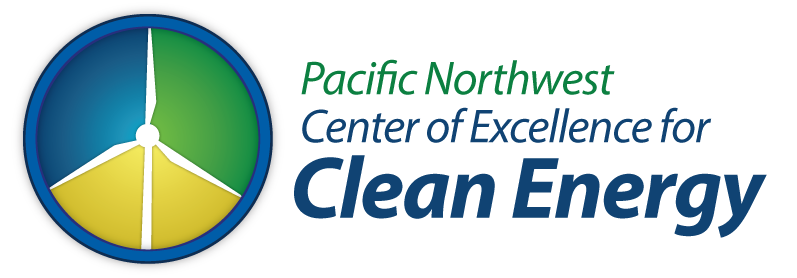Nuclear Engineer
Nuclear engineers design, research, and develop projects using nuclear energy and radiation. Many nuclear engineers work at nuclear power plants in energy production, while others work in specialties such as submarine propulsion systems, nuclear weapons, medical uses, and nuclear safety regulations. Engineers who work in power generation help design and operate nuclear power plants. They are responsible for proper operation of the power plant and direct maintenance activities to ensure safety standards are met.
Also known as: Nuclear Design Engineer, Nuclear Licensing Engineer, Nuclear Process Engineer, Nuclear Reactor Engineer, Radiological or System Engineer
Pay Scale
$104,690 in 2021 in WA
$120,380 in 2021 in U.S.
Education
Bachelors, Masters, Doctorate
Projected Opportunities
120 through 2030 in WA
700 through 2030 in U.S.
Career Path
The career path to becoming a nuclear engineer begins with a bachelor’s degree and can include an internship and go on for a graduate degree. Advancement includes positions such as nuclear design engineer, nuclear reactor engineer, and radiological engineer.

Training & Requirements
Training
Entry-level nuclear engineers typically have a bachelor’s degree in engineering, and especially at nuclear power plants- receive anywhere from 3 weeks to 3 months of on-the-job training with a more experienced engineer. For those interested in research and development, many employers require a masters or doctorate degree. As they move up in their career, they may obtain a Professional Engineering (PE) License or become a licensed Senior Reactor Operator.
Required Skills
- Technology skills- including analytical or scientific software, data base use, and development software
- Knowledge of the practical application of engineering and technology
- Complex problem solving and critical thinking
- Communication with peers and supervisors
- Ability to comply with standards, laws, and regulations
Responsibilities
- Monitor nuclear facility operations to identify violations of safety regulations and laws that could jeopardize safe operations
- Initiate corrective actions or order plant shutdowns in emergency situations
- Design or develop nuclear equipment such as reactor cores, shielding, and control mechanisms
- Direct operating or maintenance activities to ensure efficiency and safety
